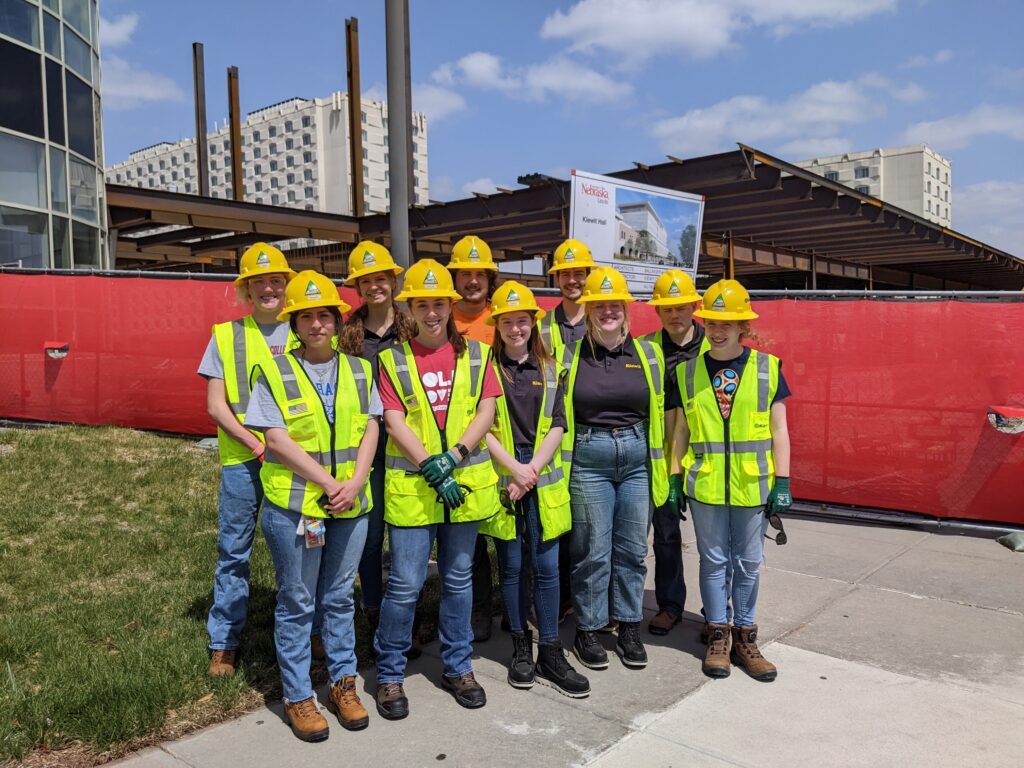By Dan Crisler
Before joining the Engler Agribusiness Entrepreneurship Program at the end of his sophomore year, a frustrated Hunter Suchsland was almost ready to drop out of the University of Nebraska–Lincoln.
His friend Cade Ludwig felt much the same way before he joined the program at the beginning of his junior year.
“I would just go through the motions,” Ludwig said. “I did my homework when I had to, but I wasn’t really happy about it.”
Both Ludwig and Suchsland joined the Engler program after finding out about it through their academic advisers.
What made the friends joyful was fishing. Through the Engler program, Ludwig, who’s from Wood River, and Suchsland, who’s from Kearney, could pursue and monetize that passion by starting their business, LS Lures, to create tournament-grade lures.
By providing $50 in seed money to start a business, the Venture Lab experience in the Engler program encourages fledgling entrepreneurs to move forward and grow their business.
For the two friends, the $50 meant starting off by purchasing a few packs of hooks, silicone skirt material and raw lead to make bass jigs from scratch.
The initial investment led to sales that grew exponentially. Ludwig and Suchsland, who both graduated in May 2022, are now in their third year of owning and operating LS Lures. Available online and in several retail locations, the duo’s lures continue to attract an expanding customer base made up of recreational and tournament angler customers from multiple states.
“We’ve quadrupled sales and customers from year one to year two. And I think we’re going to do the same thing again this year,” Suchsland said.
Ludwig added he and Suchsland are now “light years” ahead compared to where they started. Initially, Ludwig said their lures were comparable to ones found at big box chains.
But after receiving $5,000 through an Engler fellowship program in summer 2021, Ludwig and Suchsland were able to improve their lure-making skills by using that money to pay living expenses, making their need for other employment less necessary.
Ludwig and Suchsland’s business got a huge boost after winning the UNL Center for Entrepreneurship’s 2021 New Venture Competition, taking home the first prize of $25,000. Those funds, provided entirely by private donations, helped propel their business forward.
Today, Ludwig said, “we’re doing all custom stuff, the highest quality hooks. We don’t skimp anywhere.”
They have the marketing chops to match. The pair regularly post photos on their LS Lures Instagram account. Posts include their recent catches and creatively named products such as Albino Rhino or Lil Wizard.
Ludwig and Suchsland said some of their longest-lasting lures were good for catching more than 35 fish. None of their lures have failed or malfunctioned.
To Engler program director Thomas Field, Suchsland and Ludwig’s persistence and success are a typical Nebraska story. Like others in the Engler program, Field said the two men knew how to target their customer base and took a “can do” attitude to succeed.
“They had a clear market, and they’re immersed in that market. As such, they were able to understand their customers really well,” Field said. “They took action and then just stayed with it.”
As they continue to reach new heights with LS Lures, Suchsland and Ludwig remain cognizant of how their Engler coaches guided them and helped the business partners find their purpose.
“We can’t thank everybody in Engler enough. They’re kind of the whole route of how we got started,” Suchsland said, adding that people within the program were among their first customers and helped spread the word about their products.
Although many successful entrepreneurs have gotten their start through the Engler program, the program is now looking to move to its next phase and expand into rural communities across Nebraska. To that end, the Engler program hopes to raise $10 million as part of the University of Nebraska’s Institute of Agriculture and Natural Resources’ $108 million campaign goal through Only in Nebraska: A Campaign for Our University’s Future.
“We think that there is a whole host of good ideas spread across the state,” Field said. “We think our model, which is designed to get people off the sidelines … and get potential entrepreneurs past their doubt and fear to start something, is good for Nebraska.”
While the Engler program has found great success in reaching people through social media and radio spots, it will take more people and programming to cast a wider net.
“Our biggest challenge to me is: How do we structure what we do so we serve people where they are?” Field said. “A vibrant effort is going to require a footprint that meets the people in their communities, not necessarily just on campus.”
While the Engler program carries high expectations for its students, Ludwig and Suchsland can readily attest that staff members provide a level of coaching and motivation to match those expectations.
“Everybody in Engler that teaches or supports the kids has found a way to bring out the best in everybody,” Suchsland said. “All of the teachers do a really good job of understanding how to get the best out of people however they need to.”
Ludwig and Suchsland have only one regret about their time in the Engler program. It’s that they didn’t join sooner.
“I would have done anything to have four years in the Engler program,” Suchsland said. “Anybody who has even a slight thought or interest in entrepreneurship, or just wants to learn more about the world … definitely check out the Engler program, because they’ll change the way you think about everything.”
The Engler Agribusiness Entrepreneurship Program was founded in 2010 through the generosity of Paul Engler, who chairs the program’s advisory board. A native of Bassett, Nebraska, Engler graduated from the University of Nebraska with a degree in agriculture and built Cactus Feeders in Texas. Cactus Feeders is one of the largest feedlots in the United States.






